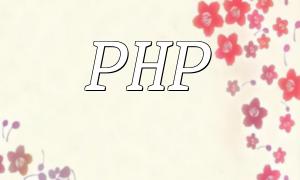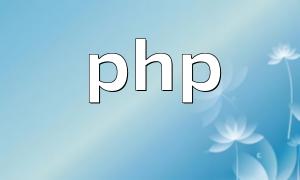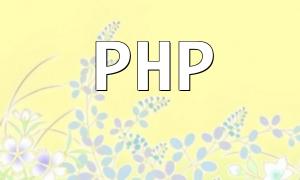In today’s fast-paced tech world, Facebook PHP development skills are crucial for building robust and user-friendly social applications. Whether you're a beginner or a seasoned developer, mastering these essential techniques will enhance both efficiency and user experience.
Getting familiar with the Facebook Graph API is the foundation for developing fully featured applications. This powerful interface allows developers to access user profiles, posts, comments, and more. Learning its authentication flow, permission management, and data structure is key to integrating it effectively.
require_once 'vendor/autoload.php'; // Load Facebook SDK
use Facebook\Facebook;
$fb = new Facebook([
'app_id' => '{app-id}', // Replace with your app ID
'app_secret' => '{app-secret}',
'default_graph_version' => 'v12.0',
]);When working with dynamic content, efficient database operations are critical. Developers should focus on query optimization and caching strategies to improve performance.
Using proper indexing, avoiding redundant queries, and implementing caching solutions like Redis or Memcached can significantly reduce database load and improve response times.
Prepared Statements not only protect against SQL injection but also improve execution speed. Here's an example:
$stmt = $db->prepare("SELECT * FROM users WHERE email = ?");
$stmt->execute([$email]);
$user = $stmt->fetch();As applications grow more complex, asynchronous processing becomes vital for maintaining speed and responsiveness. By making non-blocking API requests, your application can handle multiple tasks in parallel.
Here’s how you can use cURL to handle asynchronous HTTP requests:
$multiHandle = curl_multi_init();
$handles = [];
foreach ($urls as $url) {
$ch = curl_init($url);
curl_setopt($ch, CURLOPT_RETURNTRANSFER, true);
curl_multi_add_handle($multiHandle, $ch);
$handles[] = $ch;
}
do {
$status = curl_multi_exec($multiHandle, $active);
} while ($active && $status == CURLM_CALL_MULTI_PERFORM);
foreach ($handles as $ch) {
$response = curl_multi_getcontent($ch);
// Handle the response
curl_multi_remove_handle($multiHandle, $ch);
curl_close($ch);
}
curl_multi_close($multiHandle);Security is a non-negotiable aspect of Facebook app development. Make sure to validate all user inputs, enforce HTTPS, and regularly update your dependencies to patch vulnerabilities.
Facebook recommends using OAuth 2.0 for secure user authentication. Below is an example of generating a login URL:
$helper = $fb->getRedirectLoginHelper();
$permissions = ['email']; // Requested permissions
$loginUrl = $helper->getLoginUrl('https://your-callback-url.com/', $permissions);Technology evolves quickly, and staying up to date is essential. Developers are encouraged to read Facebook’s official documentation, join developer communities, and take part in online training to sharpen their skills.
By applying the strategies outlined above, you’ll be able to develop more efficient, secure, and scalable Facebook PHP applications. These tips can significantly boost your productivity and deliver a better experience to your users.









